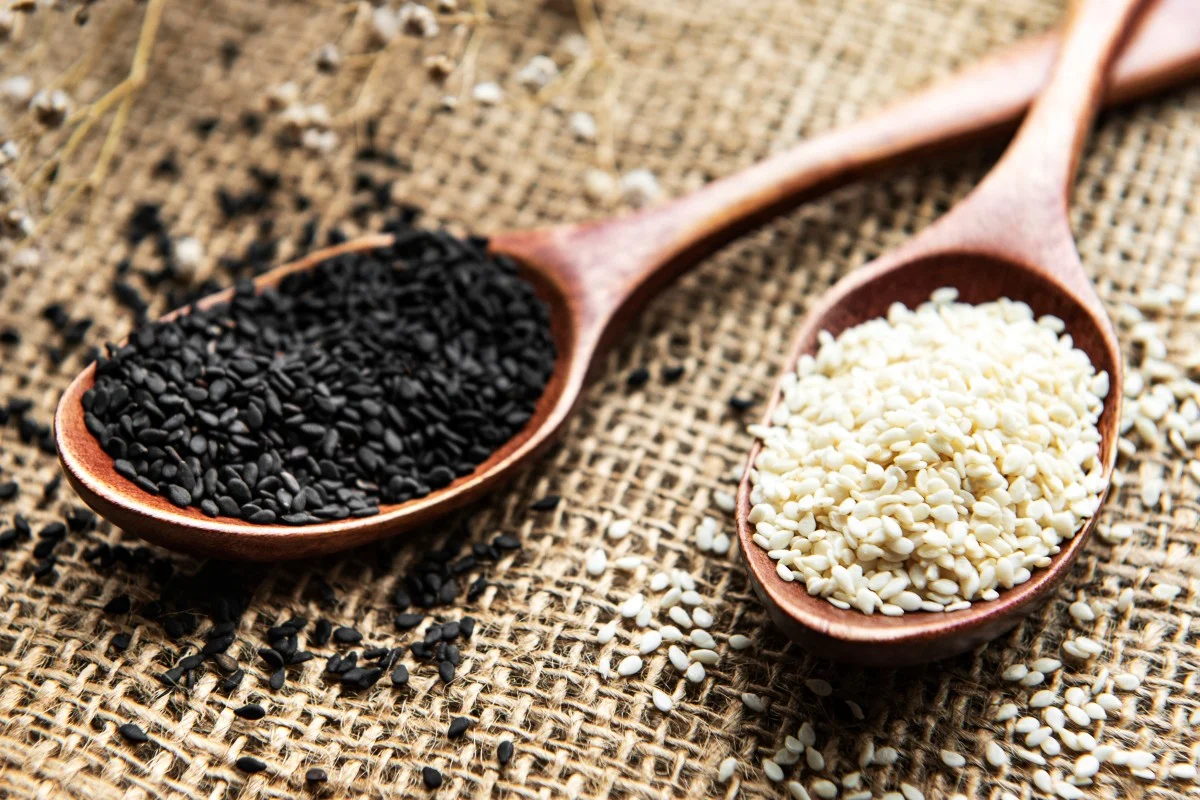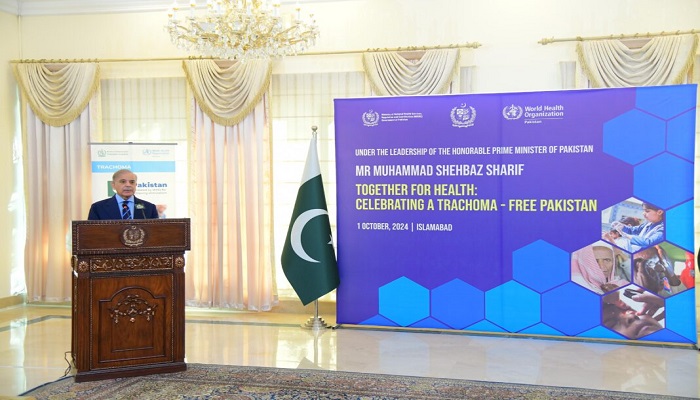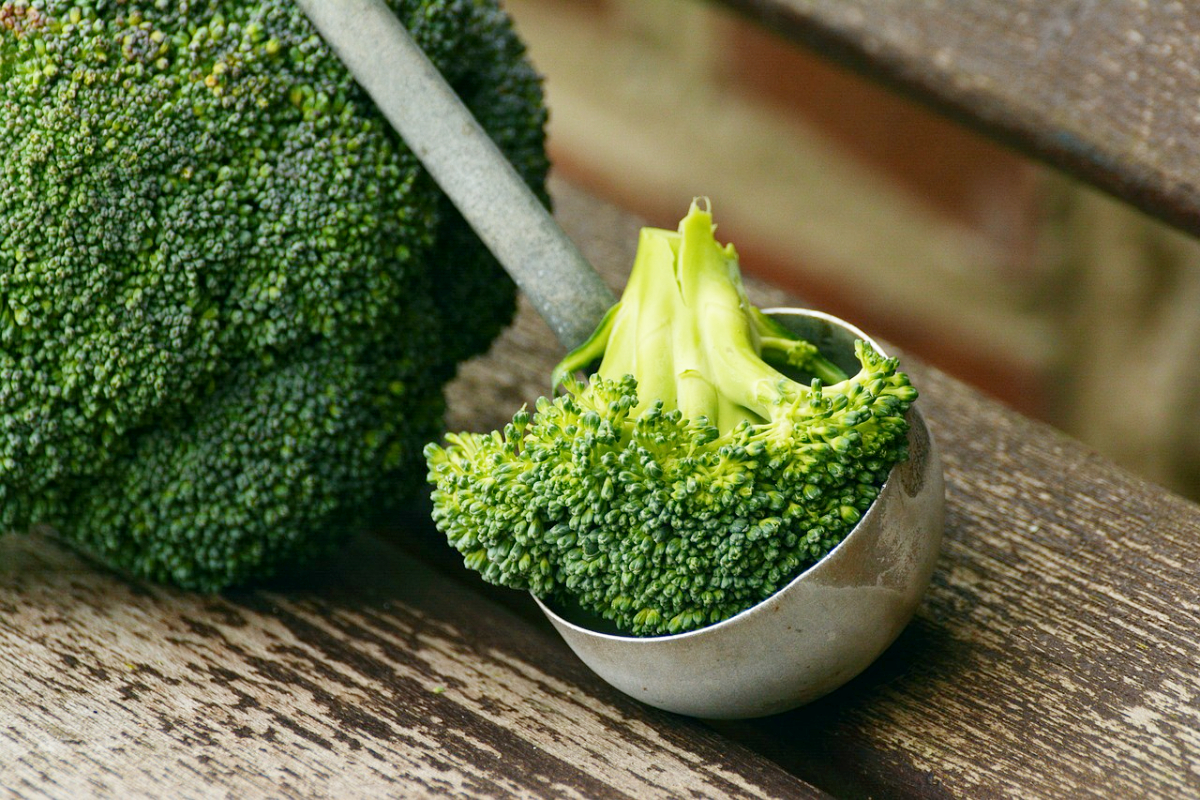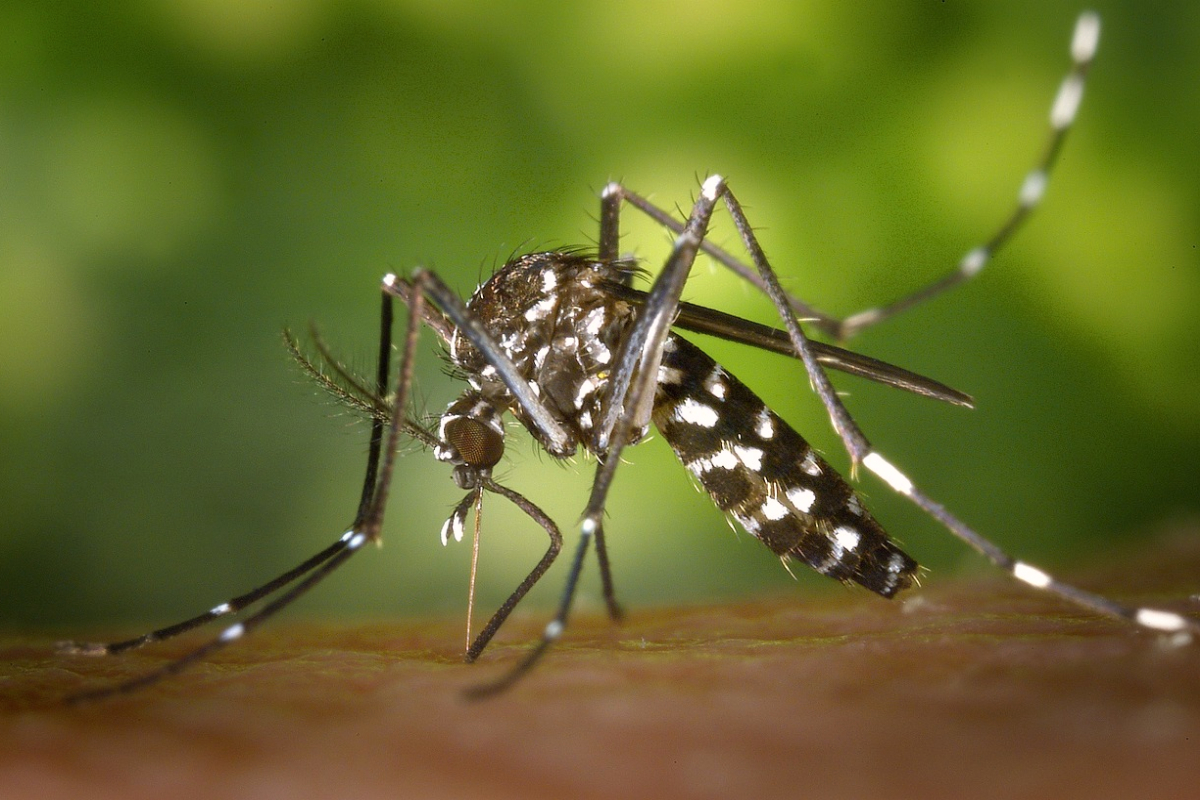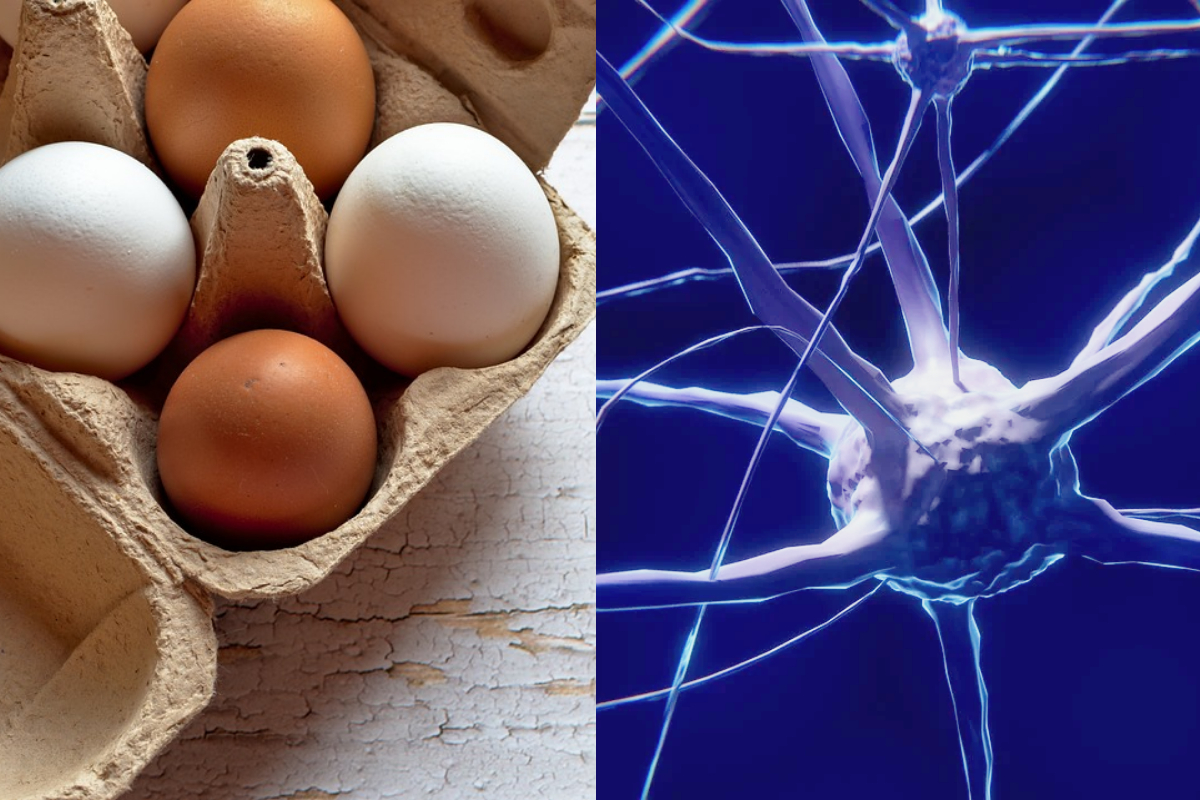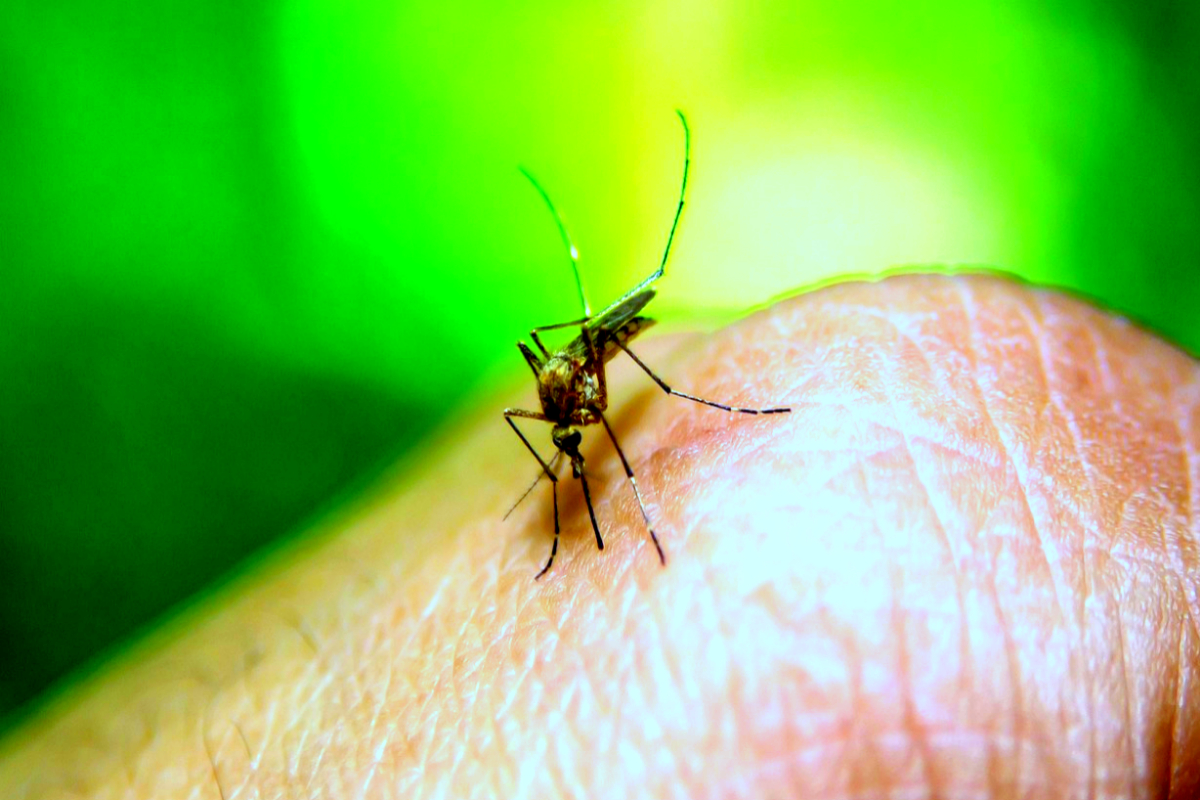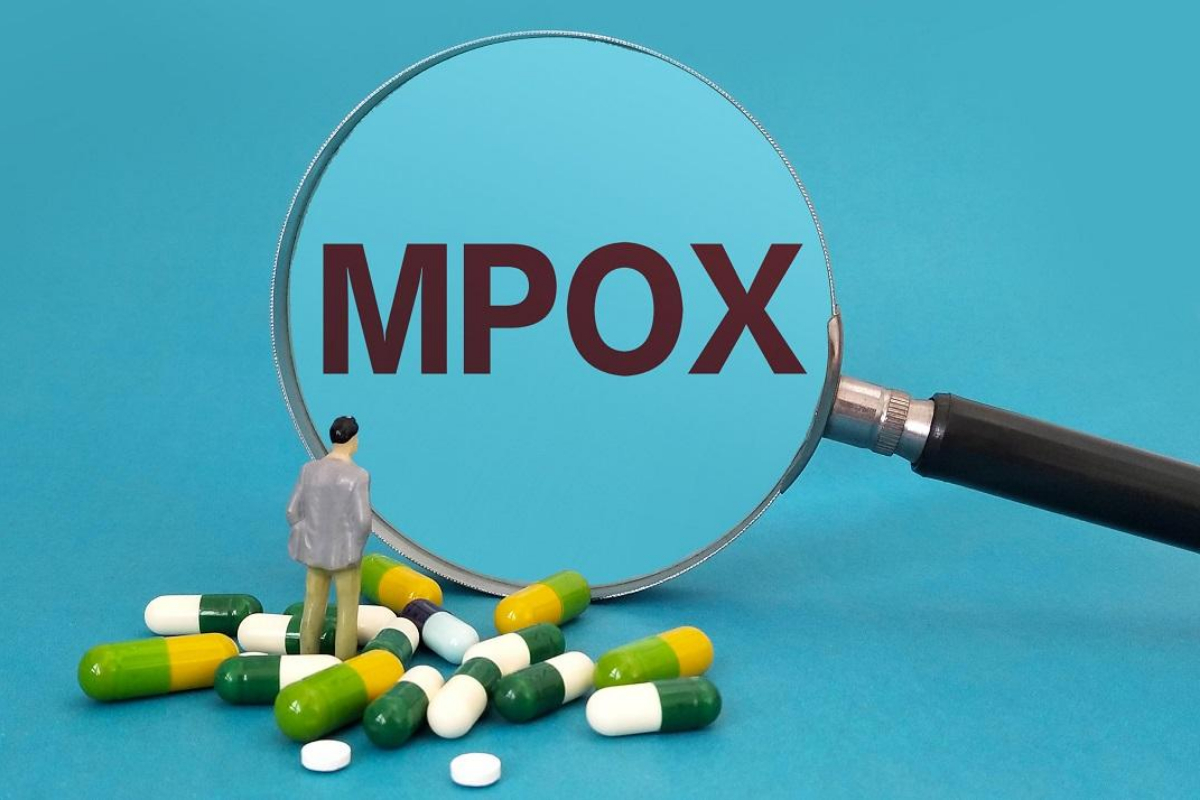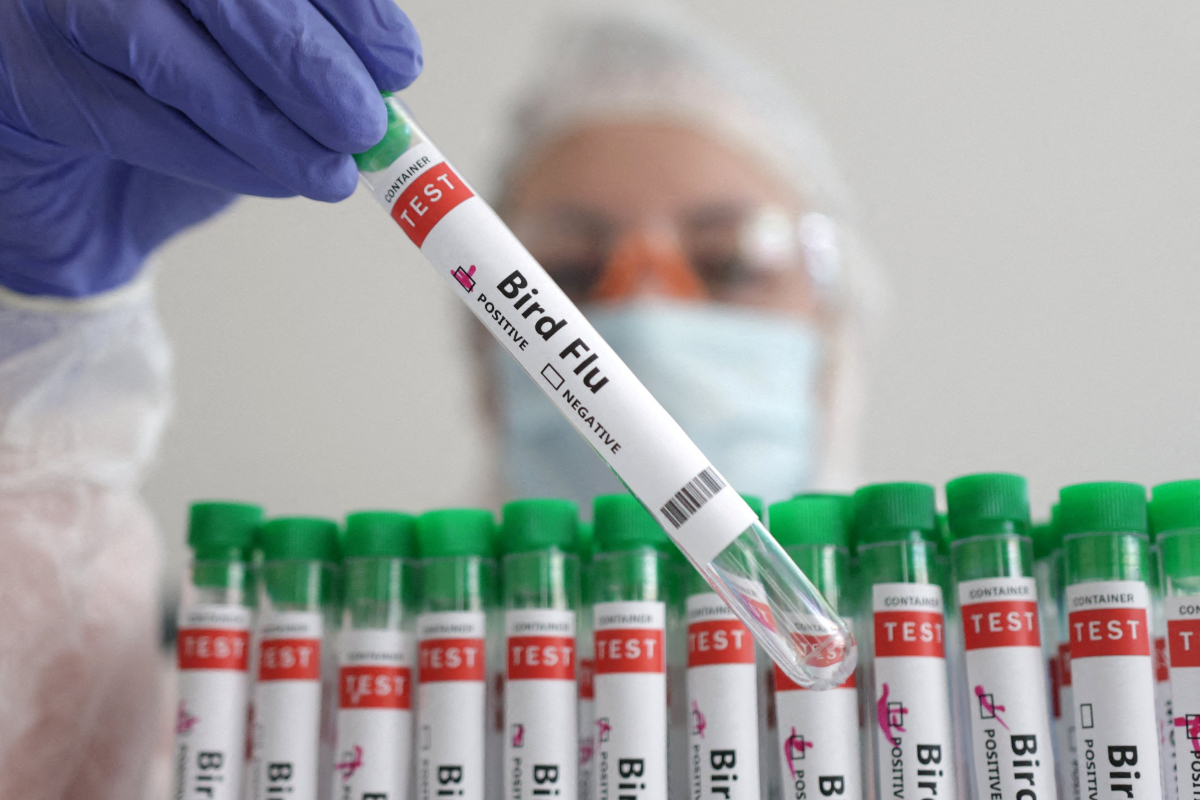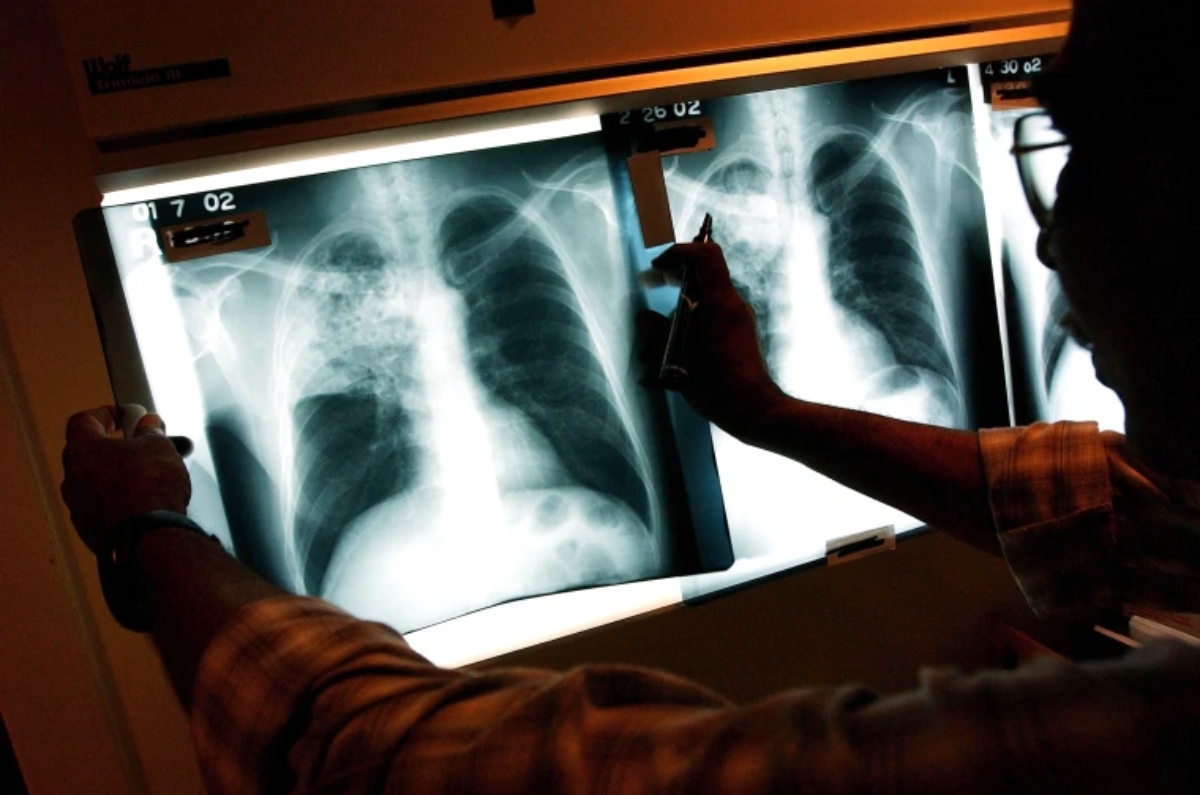- A world-first clinical experiment used lab-grown blood.
- The body is being tested with two spoonfuls.
- Blood transfusions will always depend on regular donors.
UK researchers say a world-first clinical experiment used lab-grown blood.
The body is being tested with two spoonfuls.
Blood transfusions will always depend on regular donors.
The ultimate goal is to produce uncommon, important blood types.
Sickle cell anaemia patients need them.
The body rejects non-matching blood and the treatment fails. Tissue-matching goes beyond A, B, AB, and O blood types.
Prof. Ashley Toye from Bristol University claimed some groups were “very, really rare” and “could just be 10 people in the country” able to give.
The UK has only three units of the Indian-discovered “Bombay” blood group.
How’s blood made?
Bristol, Cambridge, London, and NHS Blood and Transplant collaborate on the study. Red blood cells deliver oxygen from the lungs to the body.
Method:
A pint of blood is donated (around 470ml)
Magnetic beads capture flexible red blood cell-forming stem cells.
In labs, stem cells are grown in vast quantities and led to produce red blood cells.
A half-million stem cells produce 50 billion red blood cells in three weeks.
These are purified down to 15 billion red blood cells ready for transplantation.
“We want to generate as much blood as possible in the future, therefore the idea in my imagination is a room full of machines creating it continuously from a typical blood donation,” Prof. Toye said.
The trial has tested the blood of two healthy individuals. They will receive two 5-10ml donations of regular and lab-grown blood at least four months apart.
Scientists have tagged the blood with a radioactive material used in medical operations to track its duration.
Lab-grown blood should be more powerful.
Red blood cells usually live 120 days. Lab-grown blood should last 120 days, unlike donated blood, which has a mix of young and aged red blood cells. The researchers think this could enable smaller and less frequent donations.
Financial and technological hurdles remain.
NHS blood donations average £130. Growing blood will cost significantly more, but the scientists won’t specify how much.
Stem cells exhaust themselves, limiting blood growth. Clinical volumes require additional research.
“This world-leading study sets the framework for the manufacturing of red blood cells that may safely be transfused people with illnesses like sickle cell,” said NHS Blood and Transplant medical director of transfusion Dr. Farrukh Shah.
“This work could greatly benefit hard-to-transfuse patients.”
[embedpost slug=”chinas-zero-covid-policy-is-criticized”]










